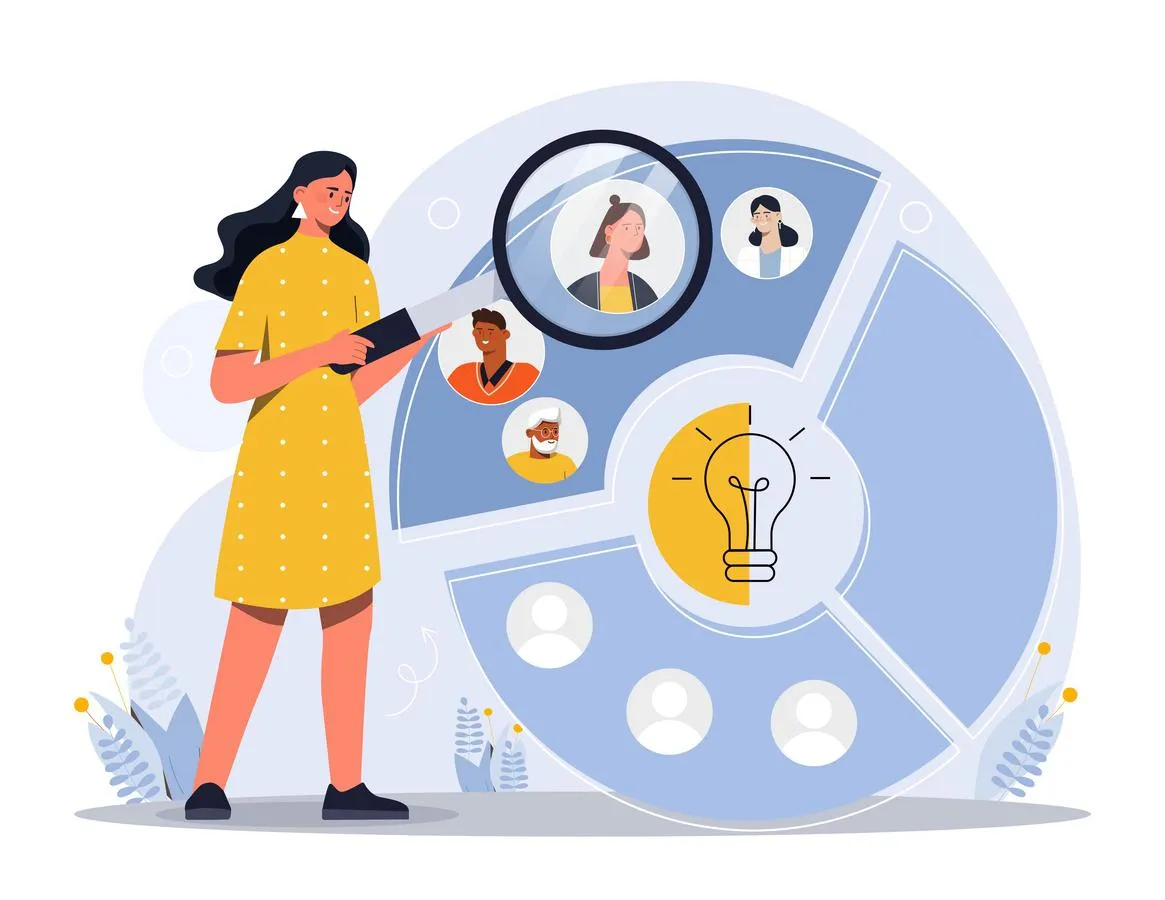
Personalizing Automation: Crafting Tailored Marketing Workflows for Local Audiences
Harnessing the Power of Personalized Automation in Marketing Workflows
In today's digital era, businesses are confronted with the challenge of distinguishing themselves in a saturated market while also forging meaningful connections with their local audiences. One innovative strategy that has gained prominence is the use of personalized automation in marketing workflows. This approach utilizes advanced technology to deliver tailored messages and interactions based on individual customer preferences and behaviors. By integrating personalized automation into marketing strategies, businesses can significantly enhance their engagement and conversion rates.
Understanding Personalized Automation
Personalized automation is a sophisticated marketing approach that relies on data-driven insights to provide targeted messages and experiences tailored to specific audience segments. Unlike traditional mass marketing, which casts a broad net, personalized automation focuses on the unique needs and interests of individual customers or prospects. This method involves various tools and techniques, including Customer Relationship Management (CRM) systems, marketing automation platforms, and comprehensive data analytics.
At its core, personalized automation leverages customer data to create more relevant and timely interactions. By analyzing customer behaviors, preferences, and past interactions, businesses can segment their audience into distinct groups and deliver content that resonates with each segment. This approach not only enhances the relevance of marketing messages but also improves the overall customer experience.
Benefits of Personalized Automation
1. Enhanced Customer Experience: Personalized automation enables businesses to deliver content and offers that are specifically relevant to each customer. This tailored approach creates more meaningful interactions, which can lead to improved customer satisfaction and loyalty. When customers receive content that aligns with their interests and needs, they are more likely to engage positively with the brand.
2. Increased Engagement: Marketing messages that are personalized are significantly more likely to capture the attention of recipients. By addressing individual preferences and behaviors, businesses can encourage recipients to take desired actions, such as making a purchase, subscribing to a service, or interacting with the brand on social media. This heightened engagement can drive higher conversion rates and foster stronger customer relationships.
3. Higher Conversion Rates: Personalized marketing workflows that are based on detailed customer data and behaviors tend to be more effective at guiding prospects through the conversion funnel. By presenting tailored offers and recommendations, businesses can increase the likelihood of converting leads into paying customers. This targeted approach not only boosts conversion rates but also contributes to overall revenue growth and business success.
4. Optimized Marketing Spend: Personalized automation allows businesses to focus their marketing resources on campaigns that yield higher returns. By targeting specific audience segments with relevant messages, businesses can optimize their marketing budgets and achieve better return on investment (ROI). This efficiency in marketing spend helps businesses allocate resources more effectively and maximize the impact of their campaigns.
Crafting Tailored Marketing Workflows
To successfully implement personalized automation for local audiences, businesses should follow these key steps:
1. Data Collection and Segmentation: The first step is to gather relevant data about your audience, including demographics, preferences, and past interactions. This data forms the foundation for audience segmentation, which involves dividing your audience into smaller, more targeted groups based on shared characteristics. Accurate segmentation ensures that marketing messages are tailored to the specific needs and interests of each group.
2. Content Personalization: Develop personalized content that resonates with each audience segment. This could include customized emails, personalized website experiences, and targeted social media advertisements. By creating content that speaks directly to the preferences and behaviors of each segment, businesses can enhance the effectiveness of their marketing efforts and drive higher engagement.
3. Automation Tools: Utilize marketing automation platforms to streamline the delivery of personalized content and messages. These tools allow businesses to automate various aspects of their marketing workflows, such as sending personalized emails, triggering automated responses based on customer actions, and managing customer interactions across multiple channels. Setting up workflows that trigger actions based on customer behaviors, such as abandoned cart reminders or personalized recommendations, ensures that messages are delivered at the right time and through the right channels.
4. A/B Testing and Optimization: Continuously test and optimize your marketing workflows to identify the most effective strategies for your local audience. A/B testing involves comparing different approaches to determine which ones yield the best results. By analyzing the performance of various tactics and refining your strategies accordingly, you can improve the effectiveness of your personalized automation efforts.
5. Integration with Offline Channels: While personalized automation primarily focuses on digital channels, it is essential to integrate these efforts with offline touchpoints. Ensure consistency across all customer interactions, including in-store experiences, local events, and direct mail campaigns. A cohesive customer journey that aligns with personalized automation efforts helps reinforce the brand message and enhances the overall customer experience.
Conclusion
Personalized automation represents a powerful strategy for businesses seeking to connect with their local audiences in a more meaningful way. By leveraging technology to deliver tailored experiences and messages, businesses can enhance customer engagement, increase conversion rates, and optimize marketing spend. Embracing personalized automation as a core component of your marketing strategy can help you stay competitive in today's dynamic marketplace and build stronger, more lasting relationships with your customers.
- This is a monthly subscription service.
- A monthly subscription is required for each Google Business Profile location.
- Privacy Policy
- Terms of Service
- Disclaimer
- Cookie Policy
- Accessibility Statement
